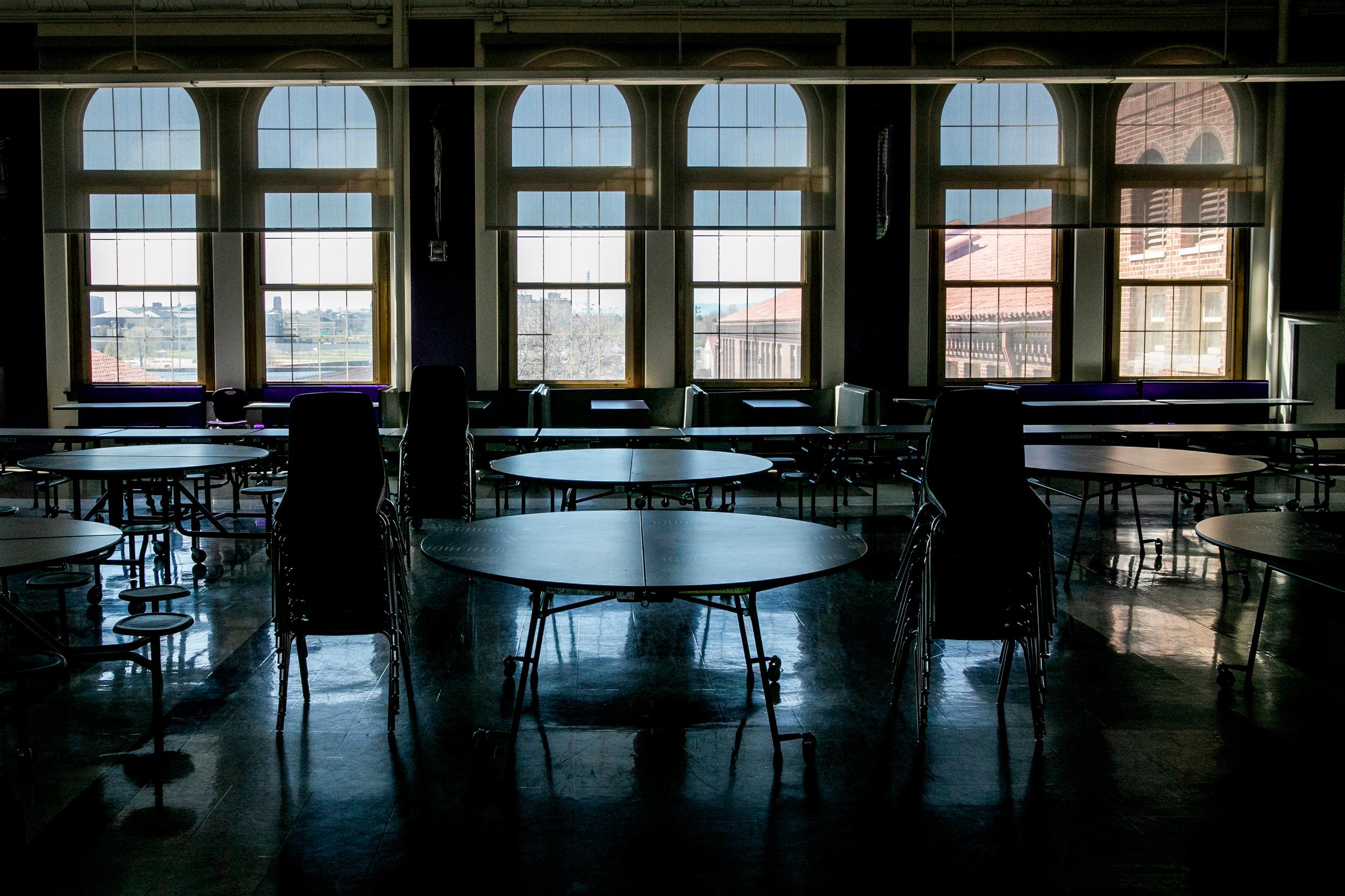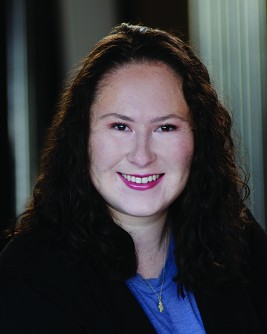
Governor Jared Polis says he is confident Colorado schools will reopen with in-person classes this fall.
"It's just not going to look like any other school year," Polis said on Fox News Sunday. "It's also going to be somewhat of a hybrid environment. Meaning there might be times during the year, if there's an outbreak at a school, that it has to convert to online for a period of weeks."
Districts are planning for staggered start times, lunches and breaks between classes to decrease interactions between students that could spread COVID-19, Polis said.
Changes to school operations are focused on protecting families and teachers, Polis said, as children are less likely to get seriously ill from the disease.
"Nothing is risk-free, but kids encounter all sorts of germs in school ... but the real risk is parents, grandparents, and teachers who are of course around their kids all the time," he said.
Denver Public Schools and some colleges and universities across the state have announced their intentions to try to hold at least some in-person classes in the fall.
Polis said the social distancing efforts will be helped by parents who decide not to send their children back into the classroom. He estimated between 10 and 20 percent of families would make the decision to continue online schooling.
Polis pushed back on questions regarding learning setbacks due to online classes. He said there's no reason for students to be academically behind.
"There's really no excuses in the business of education," Polis said. "I made that very clear to our superintendents. It's a little bit harder to get that social side in an online setting, but academically there are no excuses for every kid not to be ready to accomplish their grade-level work."
A study conducted by the Colorado Futures Center found that nearly 1 in 20 school-age children in the state, around 54,000 students, are living in households without internet. With libraries mostly closed, that presents a major problem for families.
The children without internet access at home are overwhelmingly Hispanic, the study found. More than half of the children have at least one parent working in an essential industry.









